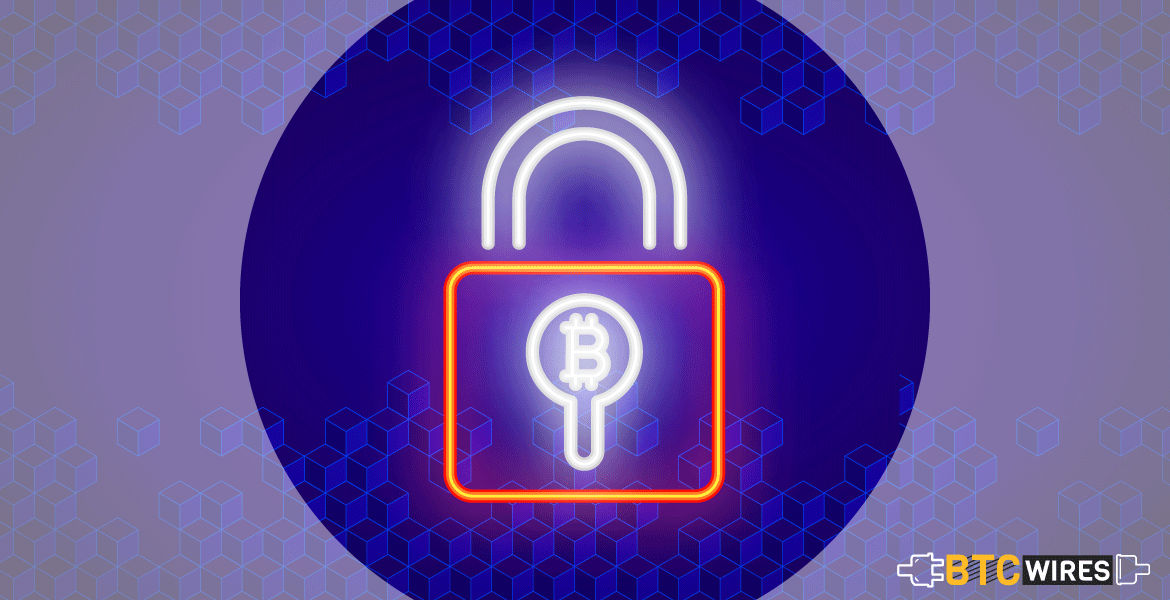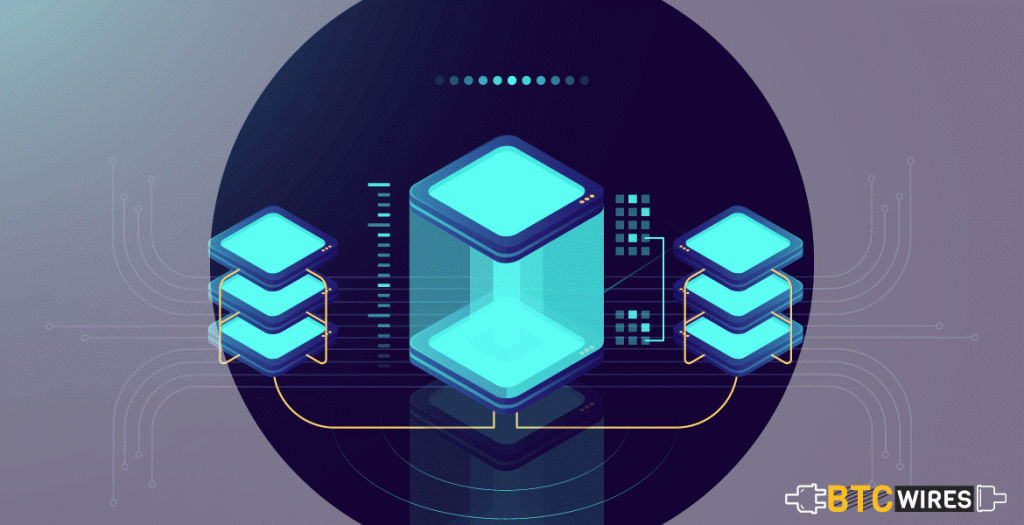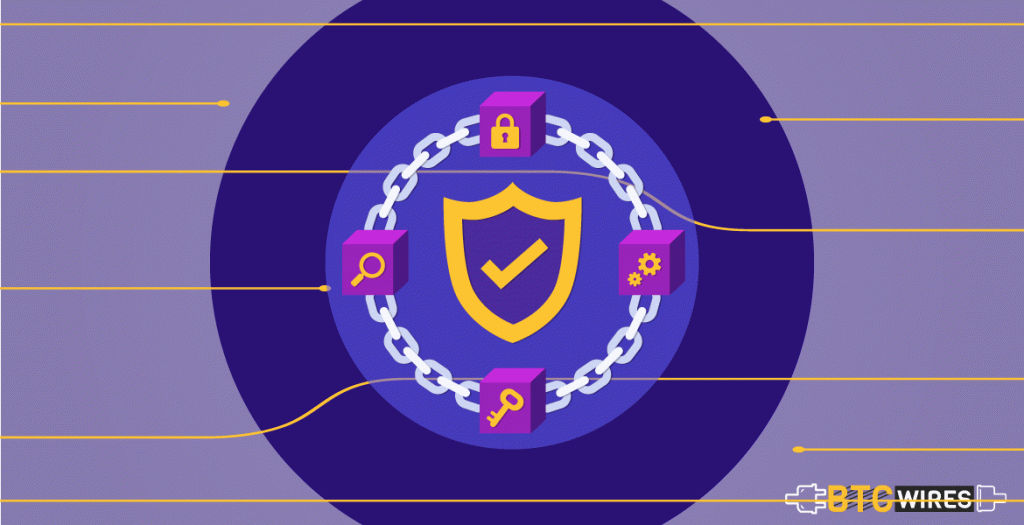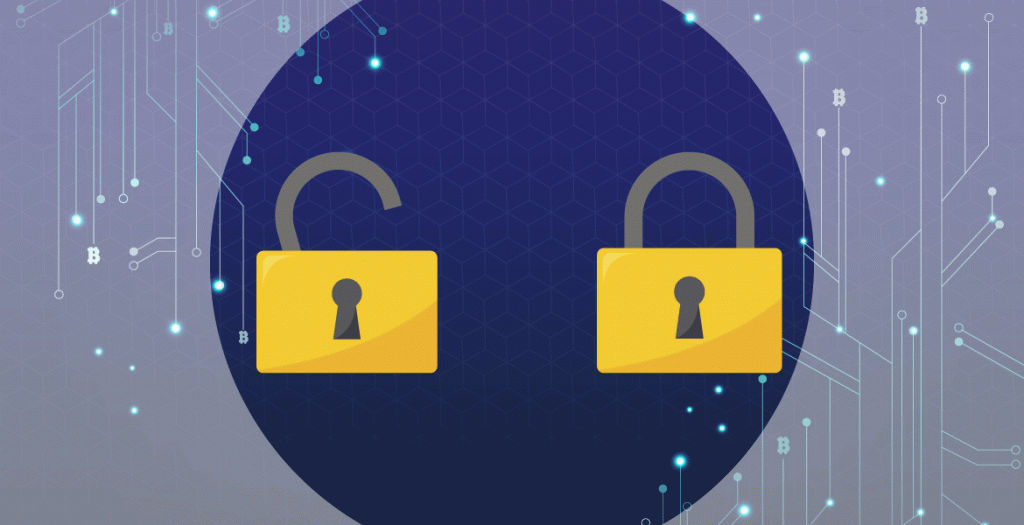By now it’s widely accepted that a person’s digital personal

By now it’s widely accepted that a person’s digital personal data stored by a third-party can easily be compromised. Not just are hackers on the hunt for poorly guarded person’s information to steal, but big firms like Facebook betray their users and sell off their private information when it suits their financial as well as political interests. Blockchain technology for data security can turn out to be helpful for eliminating many common risks associated with sharing data over the internet.
Well, everything comes down on putting the individual trust into a third-party to keep the data safe. Nobody will deny that after twenty years of the internet, it seems to be a poor idea. Once an individual’s data is out in the open, it’s impossible to fix the damages. Telegram latterly launched a platform that would let their users to be verified without sharing their personal data with anyone but Telegram. However, it still doesn’t address the underlying issue.
Since more and more personal information is stored online, there will need to find a better way to protect it. A few blockchain security companies are working on solutions to this problem with different approaches to secure a person’s data. These blockchain companies comprise huge commercial potential, particularly when they are utilized using smart-contracts.
Blockchain Technology Can Make Data Safer

Blockchain has been one of the major technological inventions of this century. The first Blockchain application, Bitcoin allows a network of users to do the transactions without any need of the trust of a third party. Everything is encrypted, and no one can tamper with the Blockchain without everyone else notifying right away.
Bitcoin has profoundly penetrated our day-to-day lives. Also, it has proven to be exceptionally effective as an investment, earning asset as well as means of payment. In the present, the cryptocurrency ecosystem has become advanced enough to allow everyone to get into Bitcoin in minutes practically. There are crypto exchanges such as CEX.IO providing users with an array of tools for buying, selling and trading, as well as simply storing altcoins and Bitcoins securely on their platforms.
Blockchain For Data Storage

There are some ways that blockchain can be utilized in distributed storage software. Some of the most commons are –
1. Breaking up the data into chunks
2. Encrypting the complete data
3. Distributing files throughout the network, so it’s always available for you
Rather than handing your files to a company like Microsoft or Amazon, you distribute it across a distributed network of people throughout the world. Nobody can tamper with anyone else’s sensitive data. In simple words, you are completely in control, which is useful in public services for keeping public records safe, available as well as decentralized.
Another model is for saving a cryptographic signature of a document on the blockchain. It would allow users to get a way to make sure a file is untampered, without requiring to save the whole file on the blockchain. At the time you look at a document, you can make sure that it’s the same version of the document which existed another time.
Nowadays, Blockchain in Smart Contracts is quite at vogue. These make sure that certain transactions take place after certain conditions are met. This means that records can be programmed to be either changed or updated automatically.
4 Reasons Blockchain Can Improve Data Security
1. Blockchain Is Decentralized
Instead of uploading the data in a single location, Blockchain breaks everything into small chunks as well as distributes them across the network of computers. It’s a digital ledger of transactions which lacks a central control point. Each of the computer, or node has a complete copy of the ledger, so that one or two nodes going down may not result in any data loss.
With this technology, there’s no need to engage a third-party to process a transaction. You don’t need to place your trust in a service provider while you can rely on an immutable ledger, a decentralized platform.
2. Blockchain Encryption & Validation

Everything occurring on blockchain is encrypted. Since it’s a Distributed Ledger Technology, it’s possible to prove that the data hasn’t been changed. Owing to the distributed nature of blockchain, you can check the file signatures throughout ledgers on all the nodes within the network and check out they haven’t been altered. In any case, someone does alter a record, then the signature becomes invalid.
This allows you to potentially use the blockchain ledger for verifying that the data you stored onto the cloud with third-party vendors has gone unaltered even after weeks, months or even years. No denying that blockchain provides independent and reliable data verification that no other technology provides so far.
3. The Technology Is Impossible To Hack
Where hackers can break into the traditional networks and explore all the data in a single repository and then corrupt it, the blockchain technology makes this daunting for hackers. The data is encrypted, decentralized and cross-checked by the whole network when it’s stored. Once a record has been stored on the distributed ledger, it’s almost impossible to remove or alter it without being noticed and to invalidate the signature.
Indeed, every legitimate transaction is verified by innumerable nodes on the network. For hacking the blockchain successfully, one would need to hack most of the nodes simultaneously, which is beyond the ability of cybercriminals today.
4. Blockchain Can Be Public Or Private

Where public blockchains have caught the early headlines and acclamations for enabling anonymity, you can create private blockchain restricting the access to the specific users. You still get the advantages of a decentralized peer-to-peer network, but anyone with access to private blockchain must authenticate their identity for gaining the access, and it can be restricted to particular transactions.
A Few Words To The Limitations
Whereas all this seems exciting, it’s important to remember the significant problems and limitations of the blockchain development actions. The size of the network is significant. Since your data isn’t well distributed, it becomes vulnerable to attack. Due to the way this technology works out, you will have to consider the network bandwidth demands and the huge size of your network communication overhead.
Since blockchain is a relatively new technology, so nobody has all the answers yet. But blockchain has that potential to leave a major impact on the data security world. The potential use cases for security are worth looking into.

